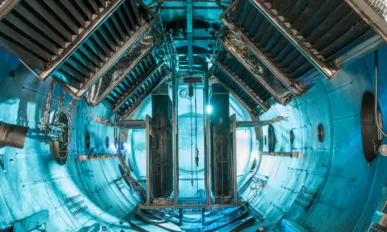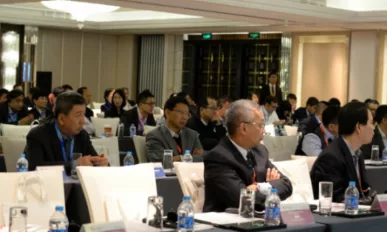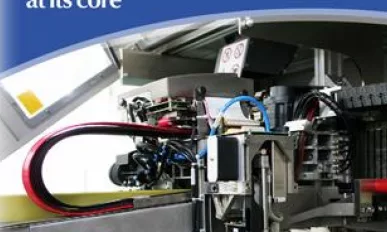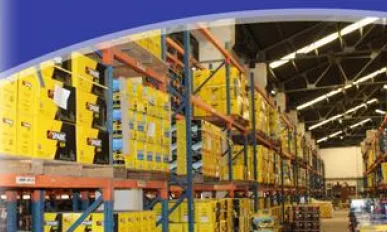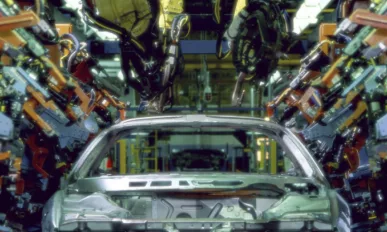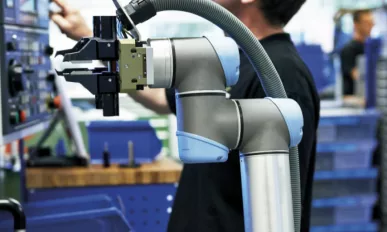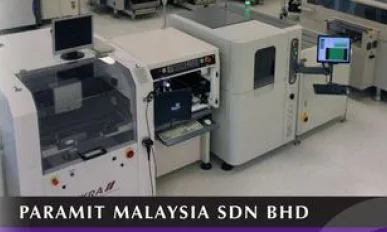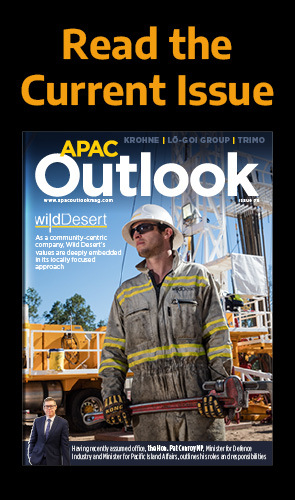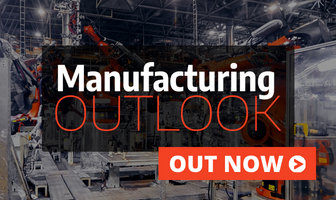Automechanika Dubai
Automechanika Dubai is the leading international trade fair for the automotive service industry targeting trade visitors from the Middle East, Western Asia, Eastern Europe, the CIS and Africa.
Inbound & Industry 4.0 : A Global Recipe for Manufacturing
Industry 4.0 is seeing industrial companies becoming entire digital enterprises; utilising big data, reducing costs on product development and placing massive emphasis on customer integration.
2nd China Aviation & MRO Aftermarket Conference 2016
China Aviation & MRO Aftermarket Conference is a professional interactive platform aimed at promoting the healthy development of domestic aviation as well as maintenance aftermarket and assisting related insiders.
Megatone Electronics Corp : Powering Customer Growth
The one-stop shop for design and manufacturing services at Megatone Electronics Corp has been built upon an ethos of customer satisfaction and internal evolution
Camfil Asia-Pacific : Take a Breath
The role of Camfil Asia-Pacific in making the region’s air safer and cleaner is becoming more prevalent with each passing year as awareness of the dangers that pollution can bring reach wider geographies and sector segments.
Rahimafrooz Group : Recharging the Power Storage Industry
Rahimafrooz Group has leveraged the latest industry trends and commercially-proven technology to continue growing its export reach and presence across a multitude of energy markets.
Make in India : Opportunity in the Making
With India’s manufacturing sector now contributing an impressive 16 percent towards the country’s GDP, Prime Minister, Narendra Modi has made a promising start to the Make in India initiative.
Industry 5.0, a New Era of Modern Manufacturing
Industry 5.0 would ideally be the transformation of the modern manufacturing process to enable man and machine to work hand-in-hand.
MRO Asia Pacific
Penton’s Aviation Week Network’s MRO Asia-Pacific (#MROA) will be held 27-29 September at the Singapore Expo Convention & Exhibition Centre. Asia-Pacific has long been the focus of growth and revenue opportunities.
Paramit Malaysia Sdn Bhd : Delivering Peace of Mind
As an internationally renowned Corporation based in the US, Paramit has long been one of the key operators in a complex and highly advanced medical device and OEM market, but is leveraging its flexibility and entrepreneurial flair as a smaller entity in Malaysia to achieve similar successes.




